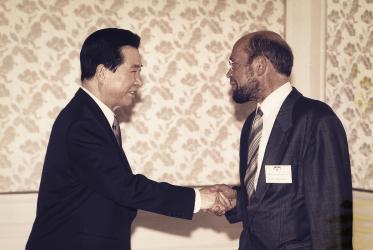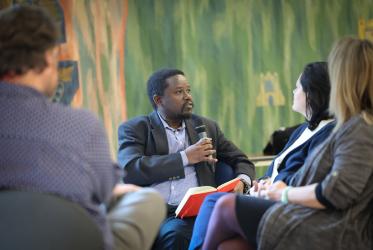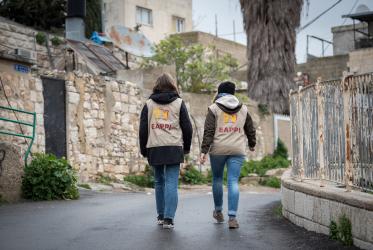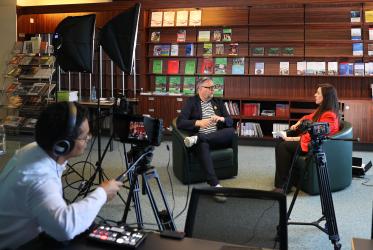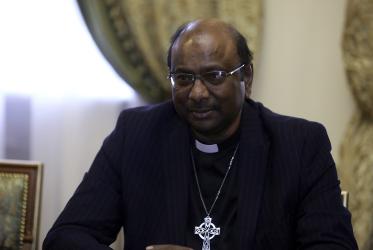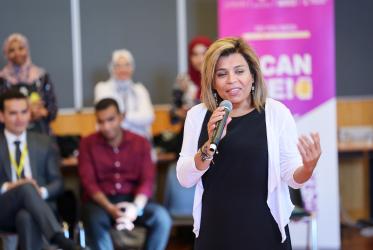Displaying 1 - 20 of 85
Voice of churches vital during UN women’s rights talks
28 March 2024
A Guide for Churches on the Prevention of Obstetric Fistula
26 October 2023
At peace conference, WCC focuses on overcoming racism
26 October 2023
“The occupation can’t last forever”
25 October 2023
“They want to live without fear and constant harassment”
25 October 2023
Kids Feel Safe Going to School when EAs are Present
23 October 2023
ACT Alliance general secretary: “equity is not negotiable”
26 September 2023
In Armenia, WCC general secretary speaks for justice
22 September 2023



